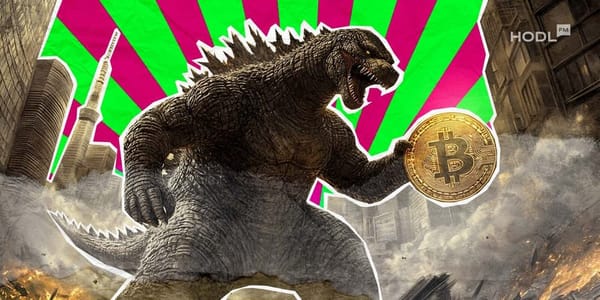Singapore made significant progress in its bid to become a global hub for digital assets in 2024, while its rival financial center, Hong Kong, struggled to keep up. Both cities compete to attract crypto companies through special regimes, tokenization initiatives, and regulatory sandboxes. Local authorities view cryptocurrencies as a means to boost their appeal as global business hubs, but progress has been uneven.
Singapore forged ahead with efforts to formulate a digital-assets hub in 2024, while rival financial center Hong Kong has struggled to gain traction https://t.co/uMkU9hwzmM \
— Bloomberg (@business) December 24, 2024
In 2024, Singapore issued 13 crypto licenses to operators including major exchanges like OKX and Upbit, as well as industry heavyweights Anchorage, BitGo, and GSR. This figure more than doubles the licenses granted by the city-state the previous year. In contrast, Hong Kong’s similar licensing regime has seen slower development.
What’s causing Hong Kong to lag behind, and why is the crypto industry gravitating toward Singapore?
Hong Kong’s Crypto Licensing Falls Short of Expectations
Approvals in Hong Kong have progressed more slowly than anticipated. The city permits trading only in the most liquid cryptocurrencies, like Bitcoin and Ethereum, barring investors from betting on smaller, more volatile tokens. Prominent exchanges such as OKX and Bybit have withdrawn their licensing applications in Hong Kong.
In response, regulators have signaled their intent to approve more exchanges by year’s end. Currently, Hong Kong has fully licensed a total of seven platforms, four of which were granted approval, with some restrictions, on December 18. Another seven have received temporary licenses.
Angela Ang, senior policy adviser at consultancy TRM Labs, noted that Hong Kong’s regulatory framework for exchanges is “more restrictive in several key areas, such as client asset custody and token listing and delisting policies.” She added that these factors “may have tipped the scales in favor of Singapore.”
Another consideration for digital asset executives evaluating expansion into Asia is the influence of mainland China, where cryptocurrency trading remains banned. Hong Kong launched spot Bitcoin and Ethereum ETFs in April to support its digital asset ambitions. However, these products have failed to generate the same excitement as their U.S. counterparts.
Combined, Bitcoin and Ethereum ETFs in Hong Kong have amassed roughly $500 million — just a fraction of the over $120 billion held by U.S. issuers.
Ben Charoenwong, Assistant Professor of Finance at INSEAD, remarked that Hong Kong’s focus on established financial institutions “creates fewer opportunities for new entrants and limits the scale of innovation.”
Singapore is A “Safe, Long-Term Choice” for Digital Asset Hubs
Unlike Hong Kong, Singapore is increasingly viewed as a “safe, long-term choice” for establishing regional digital asset hubs, thanks to its supportive and well-regulated environment.
In November, the Monetary Authority of Singapore (MAS) announced plans to advance asset tokenization through Project Guardian and Global Layer 1, two state-supported initiatives aimed at fostering the commercialization of tokenized assets.
David Rogers, Regional Executive Director of market maker B2C2 Ltd., which has applied for a license in Singapore, shared his perspective:
The supportive digital asset environment in Singapore makes it a ‘safe, long-term choice’ for a regional hub. Here, we take a risk-adjusted approach.
Singapore’s balanced approach could set the standard for the future of digital finance across Asia. While Hong Kong struggles with regulatory hurdles and limited enthusiasm for its crypto products, Singapore continues to attract major players and build a sustainable, innovation-friendly ecosystem.

Disclaimer: All materials on this site are for informational purposes only. None of the material should be interpreted as investment advice. Please note that despite the nature of much of the material created and hosted on this website, HODL FM is not a financial reference resource and the opinions of authors and other contributors are their own and should not be taken as financial advice. If you require advice of this sort, HODL FM strongly recommends contacting a qualified industry professional.





